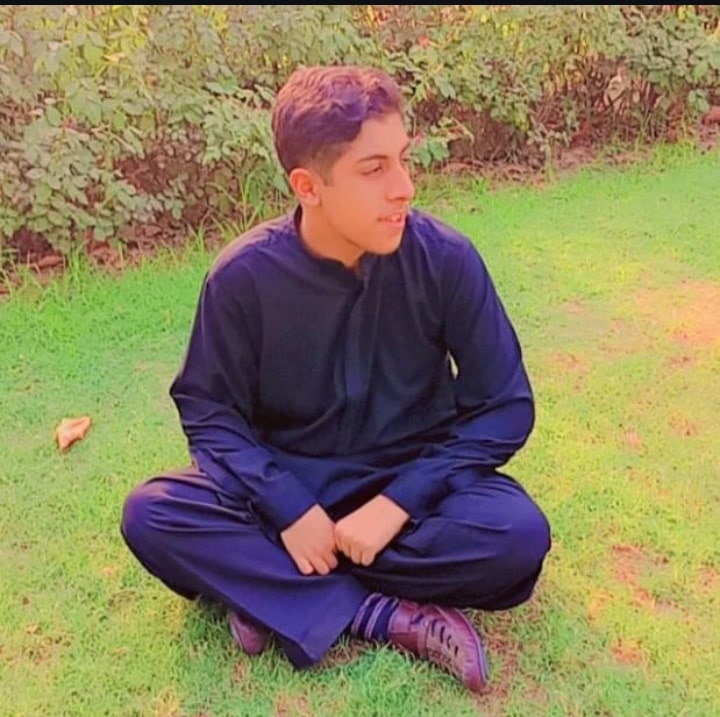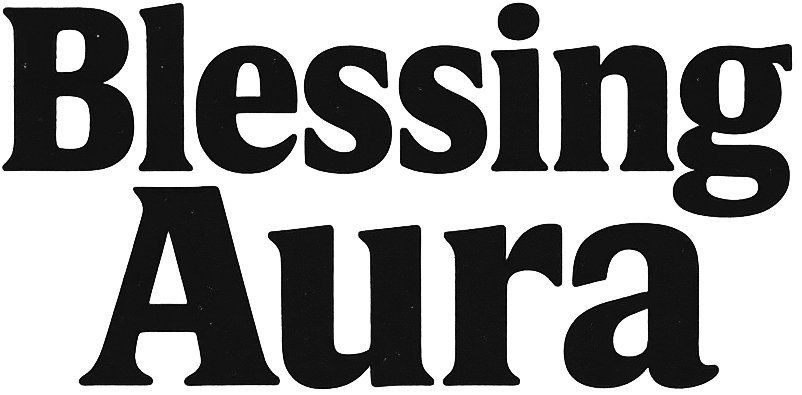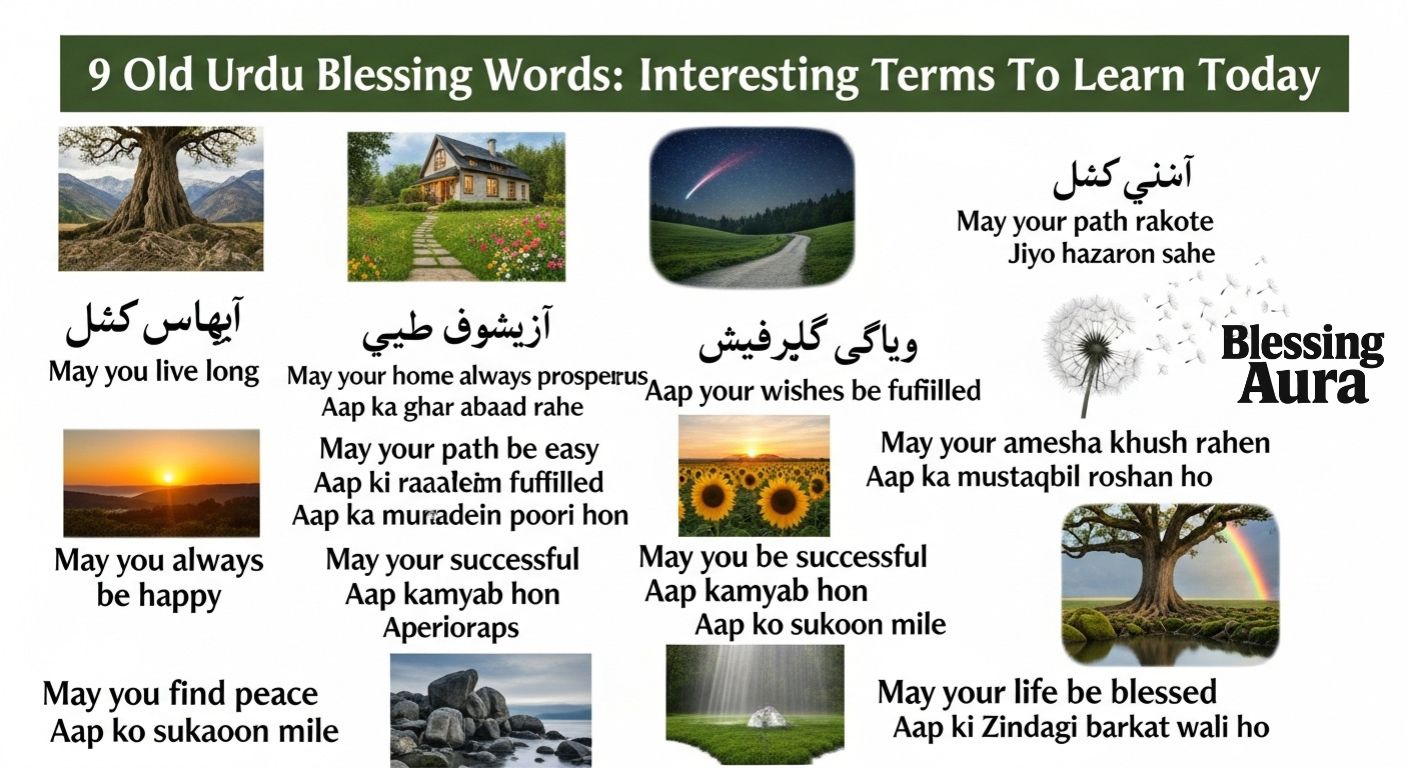9 Old Urdu blessing words are a perfect example. They are small expressions with deep warmth. In Pakistani culture, these traditional blessings have been shared for centuries. They carry divine protection, joy, hope, and love.
If you live in the USA, learning these old Urdu phrases can bring you closer to the growing Urdu-speaking Muslim community. It’s not just about language. It’s about connection. By using meaningful Urdu expressions, you show respect for Pakistani traditions and the beauty of Urdu language culture.
Discovering 9 Old Urdu Blessing Words: A Journey Through Language, Culture, and Connection
Every culture has words that do more than just communicate. In Urdu, Islamic greetings in Urdu often come with heartfelt blessings. They can be used at weddings, farewells, condolences, or even casual meetings. These are not empty words. They are traditional Urdu sayings that carry a sense of care and love.
Urdu prayers often weave into daily speech. When someone wishes you health, joy, or heaven reward, it’s not just polite—it’s powerful. These Urdu good wishes reflect kindness and community values. They are bridges between people, even across oceans, and they help preserve identity in a changing world.
Old Urdu Blessing Words You Need To Know
Some old Urdu blessing words are short. Others are poetic. But each carries emotion. Many are rooted in faith and Pakistani traditions, passed down through generations. Whether you are meeting someone, saying goodbye, or showing sympathy, there is an Urdu phrase that fits.
Here’s a table showing the traditional blessings and what they mean:
| Urdu Phrase | English Meaning | Common Use |
| Khuda Hafiz | God protects you | Saying goodbye |
| Allah Aapka Hafiz | May God watch over you | Farewell with affection |
| Dua Mein Yaad Rakhna | Remember me in your prayers | Friendly request |
| Nazar Na Lage | May you be protected from the evil eye | Wishing safety |
| Allah Miyan | Oh my God | Expressing surprise or hope |
| Mubarak Ho | Congratulations | Celebrating happy events |
| Allah Aapko Hamesha Muskurata Rakhe | May God keep you happy | Wishing joy |
| Allah Aapko Sehatmand Rakhe | May God keep you healthy | Wishing good health |
| Allah Aapko Jannat Naseeb Kare | May you go to heaven | Condolence or reward wish |
1. God Protects You – Khuda Hafiz
The phrase Khuda Hafiz is one of the most common Islamic greetings in Urdu. Its meaning—Khuda Hafiz meaning—is “God protects you.” It’s often said when parting ways. In Pakistani culture, it is more than goodbye. It is asking for divine protection for the other person.
In the USA, you may hear this among Urdu-speaking Muslims after meetings, classes, or gatherings. Using it yourself shows understanding of Urdu language culture. It can make farewells warmer and more personal than a simple “bye.”
2. May God Watch Over You – Allah Aapka Hafiz
Allah Aapka Hafiz carries similar meaning to Khuda Hafiz but feels even more personal. The Allah Aapka Hafiz meaning is “May Allah watch over you.” It includes the person directly, adding warmth to the farewell.
This phrase is a sign of care. In Pakistani traditions, it’s common after emotional conversations. It’s a promise of prayer and blessings for safety. In American settings, it can stand out as a meaningful gesture.
3. Remember Me In Your Prayers – Dua Mein Yaad Rakhna
Dua Mein Yaad Rakhna is a request for someone to include you in their prayers. The Dua mein yaad rakhna translation shows how deeply traditional Urdu sayings value faith and relationships.
In Pakistani culture, this is often said by friends or family when parting. It means you are important to them. In the USA, using it with Urdu speakers can make them feel deeply respected.
4. May You be Protected From The Evil Eye – Nazar Na Lage
Many South Asians believe in the evil eye—a look of envy that can cause harm. The Nazar na lage meaning is “May the evil eye not harm you.” This is evil eye protection Urdu and is often said when someone achieves success or looks beautiful.
Even in modern American life, similar superstitions exist. Using Nazar Na Lage connects you to a shared human fear—and a shared hope for safety.
5. Oh My God – Allah Miyan
Allah Miyan is a gentle, loving way to say “Oh my God.” In Pakistani culture, it’s used for surprise, worry, or hope. It reflects closeness to God in daily conversation.
It is less formal than other Urdu prayers. You might hear it in happy moments or when someone seeks help from God in small matters. In the USA, it can add cultural richness to casual talk.
6. Congratulations – Mubarak Ho
Mubarak Ho means “Congratulations.” It is a classic way to share joy. These Urdu congratulations are often used at weddings, births, graduations, and religious festivals.
In Pakistani traditions, this phrase is more than celebration. It is a blessing for continued happiness. Using it in America shows you value Urdu happiness blessings and shared joy.
7. May God Keep You Happy – Allah Aapko Hamesha Muskurata Rakhe
Allah Aapko Hamesha Muskurata Rakhe means “May God keep you smiling.” These Urdu happiness blessings are common when someone is starting a new chapter in life.
In Pakistani culture, a smile is seen as a gift. This phrase wishes the person will always have reasons to smile. It is heartfelt, warm, and deeply human.
8. May God Keep You Healthy – Allah Aapko Sehatmand Rakhe
Allah Aapko Sehatmand Rakhe means “May God keep you healthy.” These Urdu health wishes are valued greatly, especially in times of illness or recovery.
Health is seen as one of life’s biggest blessings in Pakistani culture. This phrase works in both personal and formal contexts, making it versatile in the USA.
9. May You Go To Heaven – Allah Aapko Jannat Naseeb Kare
Allah Aapko Jannat Naseeb Kare is a deep and emotional Urdu heaven prayer. It is often heard during condolences, making it one of the most heartfelt Urdu condolence phrases.
While often tied to loss, it can also be used to wish a heaven reward for acts of kindness. In Pakistani traditions, it carries hope for eternal peace.
Why Learning Old Urdu Blessings Matters in the USA
The USA is home to millions with South Asian roots. Knowing old Urdu blessing words can help you connect with neighbors, colleagues, and friends from Pakistani culture. It’s not just language—it’s respect.
These meaningful Urdu expressions allow you to share in joy, comfort in grief, and stand with people in life’s moments. They build trust and bridge cultures.
FAQ’s
What are old Urdu blessing words?
Old Urdu blessing words are short phrases from Urdu that carry prayers, kindness, and warmth. They are rooted in culture and faith, passed down through generations.
How do old Urdu blessing words connect people?
Old Urdu blessing words connect people by expressing love, respect, and hope. They create emotional bonds between speakers, making relationships warmer and more meaningful.
Why should someone learn old Urdu blessing words in the USA?
Learning old Urdu blessing words in the USA helps you understand cultural values. They allow you to greet, comfort, and celebrate with Urdu speakers respectfully.
Are old Urdu blessing words still meaningful today?
Yes, old Urdu blessing words are still meaningful today. They carry timeless emotions, making them relevant for expressing care and respect in modern cultural settings.
Can old Urdu blessing words be learned easily?
Yes, old Urdu blessing words can be learned easily with practice. Repeating them often and knowing their meaning helps you use them naturally in conversations.
Conclusion
Learning old Urdu blessing words is a way to connect with culture. These words carry warmth, respect, and kindness. They are short, simple, and full of meaning. Old Urdu blessing words can make greetings softer and farewells more heartfelt. They show care in happy moments and comfort in sad times. By using old Urdu blessing words, you keep tradition alive while building new friendships.
In the USA, old Urdu blessing words can help you bond with Urdu speakers. They bring people closer and make conversations warmer. Each of these old Urdu blessing words has a history and a purpose. They are not just words but little acts of love. Learn them, repeat them, and share them. Old Urdu blessing words can turn simple talk into a cultural connection that feels honest and beautiful.

Welcome to Blessing Aura! I’m Muhammad Anas, an Digital Marketer and Ebay Dropshipping Expert with 1 year of experience, I help business, brands and store to grow online. My goal is to run ads and sell effective products for everyone, Let’s achieve more together!

